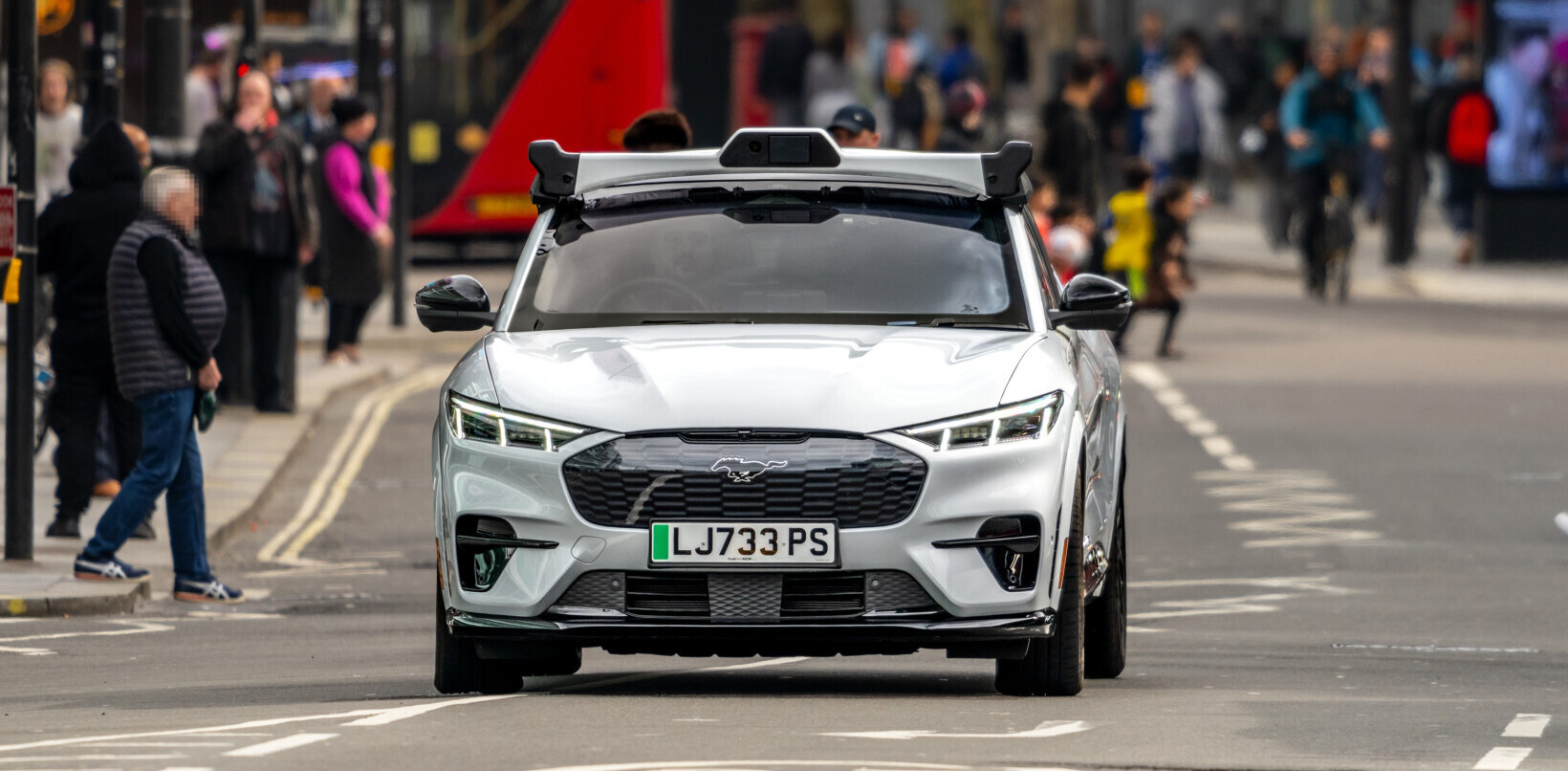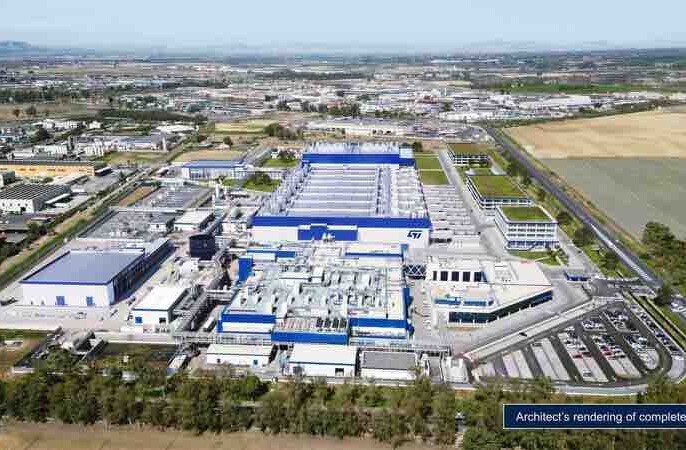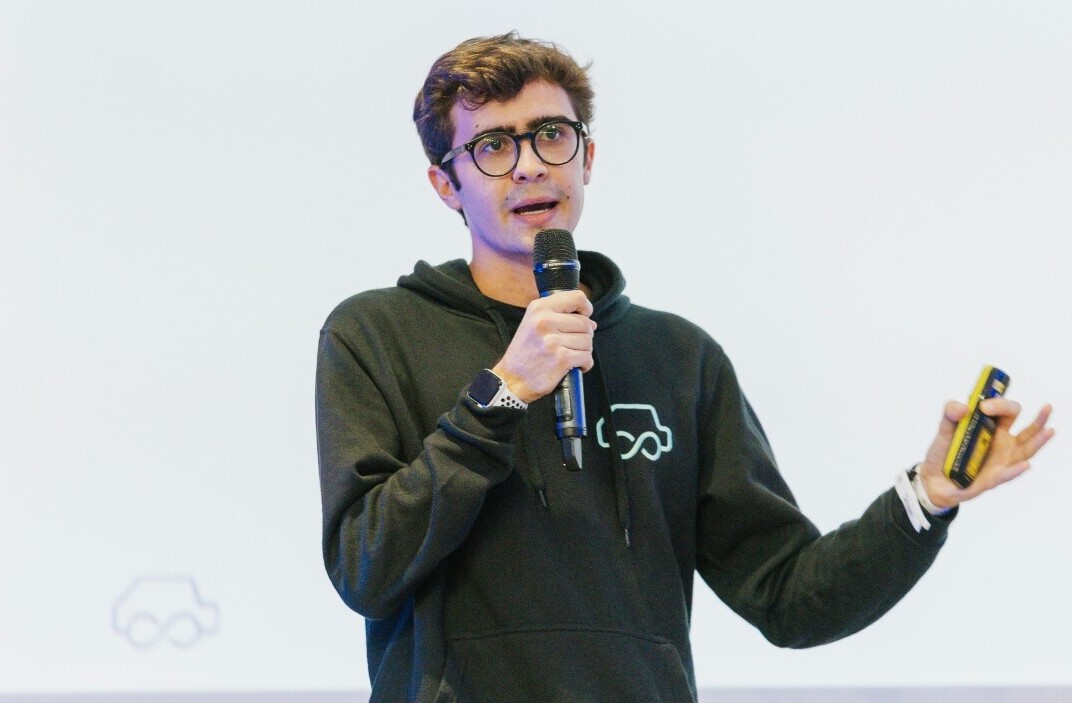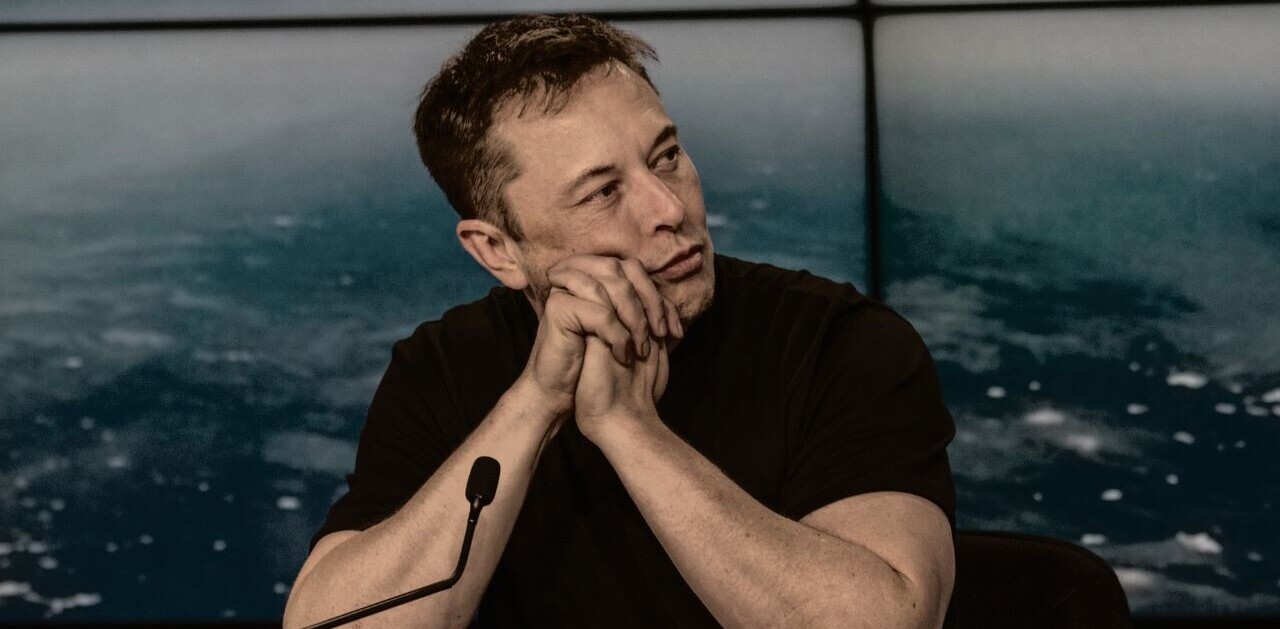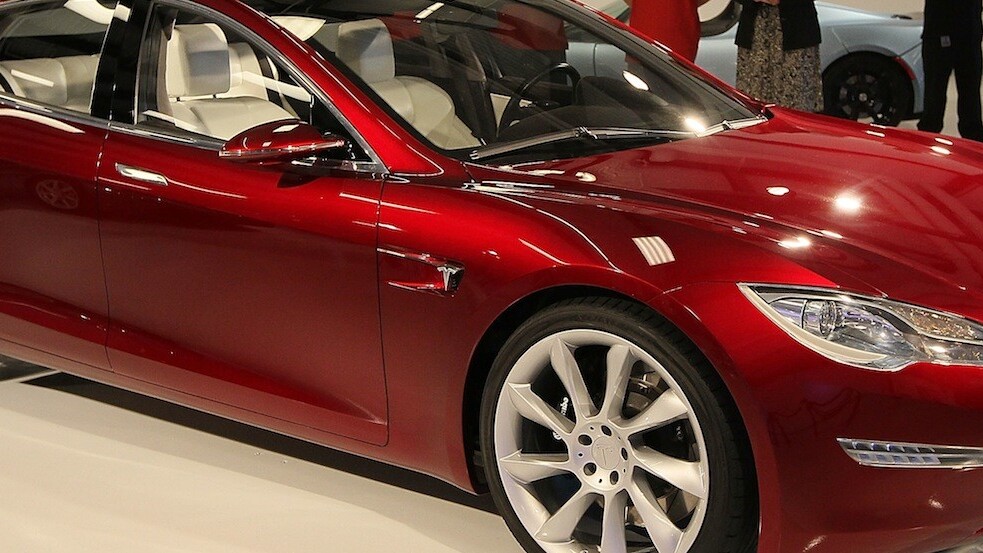
Chinese capital city Beijing has unveiled a new preferential policy for electric cars that includes a purchase subsidy ranging from CNY63,000 to CNY108,000 ($10,400 – $17,800), Xinhua reports.
The release of the policy, first spotted by Tech in Asia, is notable because the subsidies will only go to domestic firms, which means Tesla is left out of the preferential treatment — which could affect its uptake among Chinese consumers.
Earlier this month, Tesla launched the Model S in China with a minimal markup — you’ll have to fork out CNY734,000 (about $121,000) for the Model S with the premium 85 kWh battery pack. However, this price puts it squarely in the high-end category. For comparison, the domestic Shenzhen-based BYD, which is backed by Warren Buffett, pegs its flagship e6 model at CNY370,000 ($61,100) — and under the previous policy, the government subsidized CNY120,000 ($19,000) for each car sold.
Though the subsidy policy may have an impact on sales of electric cars, it doesn’t necessarily mean that Tesla is at the losing end. Subsidies could be extremely attractive for consumers who need that bit of financial help, but as Tesla has positioned itself at the high-end, it could be argued that it is targeting an entirely different demographic. Tesla CEO Elon Musk has told Bloomberg that sales of its Model S cars in China can match that in the US by 2015.
Furthermore, Tesla is boosting efforts in infrastructure as it seeks to stand out in the world’s largest country with immense potential for electric vehicles. It previously revealed that it already has plans for a network of free charging stations in China, which would let owners of its electric cars travel long distances in the country, such as between major cities Beijing and Shanghai. Musk has also told Bloomberg that in the long-tem there’s “no question” it will have a factory in China.
Diarmuid O’Connell, Tesla’s vice president of corporate and business development, has also said the company is “very anxious” to get broad distribution, and will expand “aggressively” in China.
Headline image via Justin Sullivan/Getty Images
Get the TNW newsletter
Get the most important tech news in your inbox each week.

